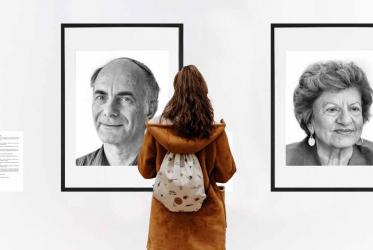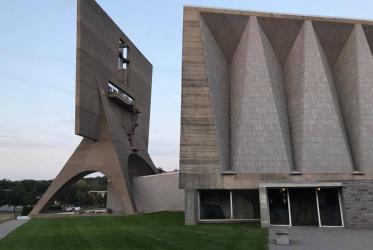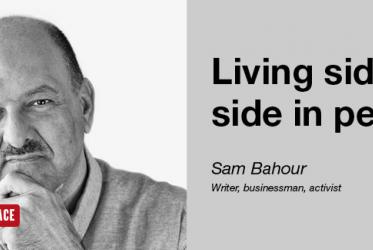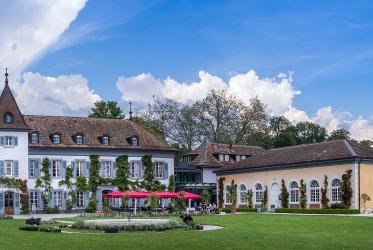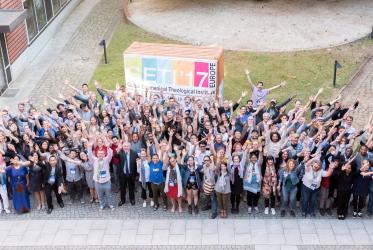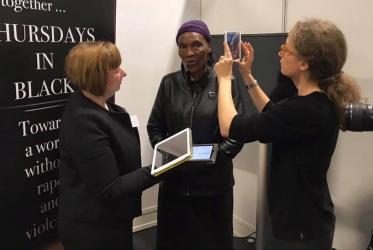Displaying 101 - 120 of 185
09 December 2017
Exhibition of hope for the Holy Land opens in Geneva
13 September 2017
Tveit: search for unity “an urgent need today”
09 September 2017
In Argentina, stirring journey for human rights continues
01 September 2017
Rebecca Dali: My faith in God motivates me every second
24 August 2017
"We have our work cut out for us"
10 August 2017
Faces of hope and moments of justice and peace
25 July 2017
WCC students study what makes a peace communicator
18 July 2017
Nigerian breaks down stereotypes on Muslims
13 July 2017
A voice for peace from Down Under
10 July 2017
“We are to pass on the mantle”
31 May 2017


